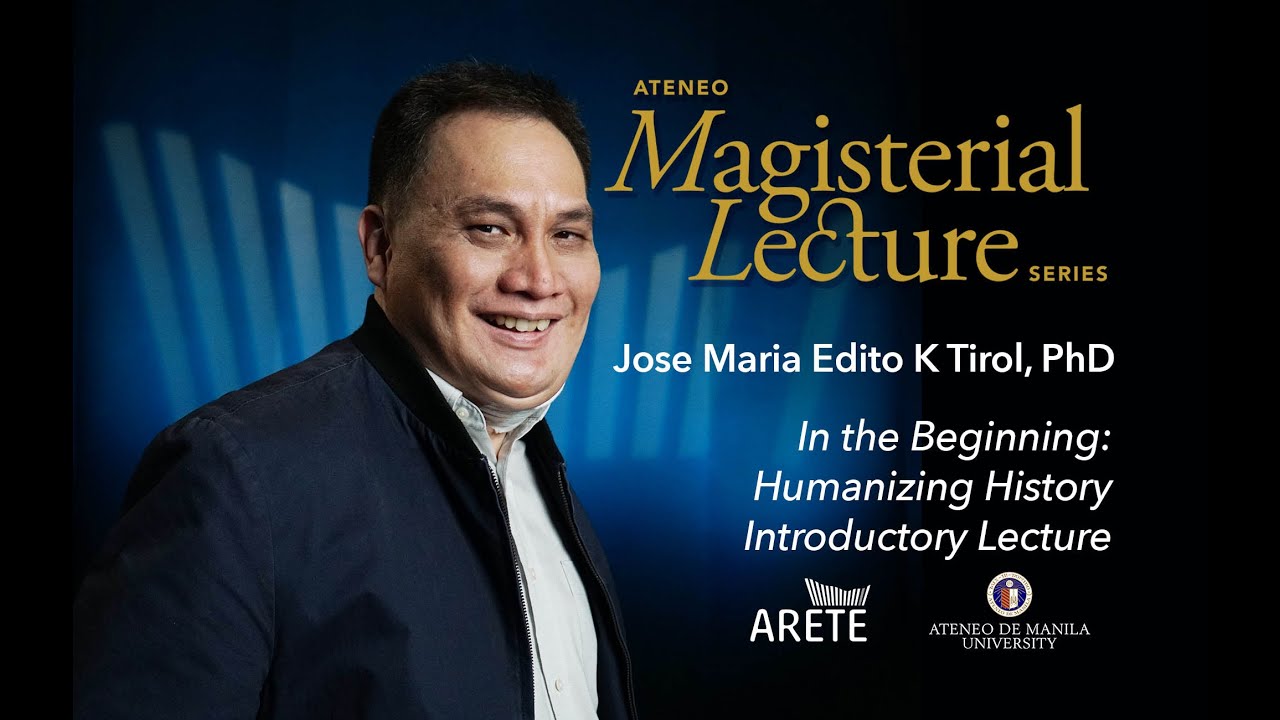What is History and Why Study It?
Summary
TLDRThis video delves into the significance of studying history, emphasizing its role as a window into the past that shapes our present and future. It clarifies that history is the analysis of past events through primary and secondary sources, highlighting the subject's interpretive nature rather than a mere list of facts. The script argues that history fosters critical thinking, empathy, and understanding of diverse cultures, while also providing insights into personal identity and societal structures. It concludes by asserting that a grasp of history is essential for informed citizenship and career development.
Takeaways
- 📚 History is the study of the past, focusing on identifying, researching, and analyzing past events to make arguments about what happened.
- 🕵️♂️ Historians use primary and secondary sources to understand and argue about the past; primary sources are direct evidence from the time, while secondary sources are interpretations created later.
- 🔍 Primary sources provide first-hand accounts and include documents, images, and artifacts, making them valuable for understanding the direct experiences of the past.
- 📚 Secondary sources, such as movies, textbooks, and articles, offer interpretations of historical events by individuals who did not directly experience them.
- 🧩 History is not an exact science; it is subject to interpretation and can vary based on who is telling the story, leading to debates and discussions about different versions of the past.
- 🎯 The study of history helps us understand why people and societies are the way they are today, as the past influences the present and shapes the future.
- 🌐 Studying history develops moral reasoning by examining past actions and decisions, allowing individuals to test their own moral compass against historical events.
- 🌟 History fosters empathy and understanding of different cultures and identities by exploring the stories of various individuals and societies.
- 📖 Being informed about history is crucial for understanding current events, the functioning of governments, the importance of voting, and the significance of historical documents like constitutions.
- 🛠 Studying history enhances critical thinking skills, including interpreting sources, analyzing evidence, creating arguments, identifying patterns, and understanding multiple perspectives.
- 💡 History is not just about memorizing events; it's about engaging with the past to gain a deeper understanding of the world and to avoid repeating past mistakes.
Q & A
What is the primary focus of the video script?
-The video script primarily focuses on explaining what history is, what it is not, and why it is important for people to study it.
What is the definition of history according to the script?
-History is defined as the study of the past, where historians identify, research past events, ask questions, analyze the past, and describe what happened by making an argument.
Who are historians and what is their goal?
-Historians are people who study and write about history. Their goal is to research past events, ask questions, analyze the past, and describe past events by making an argument.
What are the two types of historical sources mentioned in the script?
-The two types of historical sources mentioned are primary sources, which are immediate first-hand documents, images, and artifacts, and secondary sources, which are created by someone who did not experience the event first-hand.
Why are primary sources important in the study of history?
-Primary sources are important because they provide direct evidence from the time period being studied, offering a first-hand account of events, which helps historians make accurate arguments about the past.
How does the script describe the nature of history?
-The script describes history as not being exact or precise, unlike math, and it is subject to interpretation and bias, making it a fun and intriguing subject to learn.
Why is debating an important part of studying history?
-Debating is important in studying history because it allows for the examination of different interpretations and versions of events, acknowledging that history can be biased and that different perspectives can offer a more comprehensive understanding.
What are some examples of secondary sources mentioned in the script?
-Examples of secondary sources mentioned include movies, textbooks, and articles, which are not from the time period being studied and are created by someone who did not experience the event first-hand.
What is one of the misconceptions about history that the script addresses?
-One misconception the script addresses is that history is just a long list of events to memorize, whereas it should be about debating interpretations and understanding the past.
Why should people study history according to the script?
-People should study history to understand the present and the reasons behind current societal structures, to test their moral sense, to gain an understanding of different cultures and build empathy, to become informed citizens, and to develop critical thinking skills that are applicable in various careers.
What are some skills developed through the study of history as mentioned in the script?
-Studying history helps develop critical thinking skills, the ability to interpret sources, analyze conflicting evidence, create arguments, find patterns and trends, write with confidence, think outside the box, be creative, and understand multiple perspectives.
Outlines

Esta sección está disponible solo para usuarios con suscripción. Por favor, mejora tu plan para acceder a esta parte.
Mejorar ahoraMindmap

Esta sección está disponible solo para usuarios con suscripción. Por favor, mejora tu plan para acceder a esta parte.
Mejorar ahoraKeywords

Esta sección está disponible solo para usuarios con suscripción. Por favor, mejora tu plan para acceder a esta parte.
Mejorar ahoraHighlights

Esta sección está disponible solo para usuarios con suscripción. Por favor, mejora tu plan para acceder a esta parte.
Mejorar ahoraTranscripts

Esta sección está disponible solo para usuarios con suscripción. Por favor, mejora tu plan para acceder a esta parte.
Mejorar ahoraVer Más Videos Relacionados
5.0 / 5 (0 votes)






